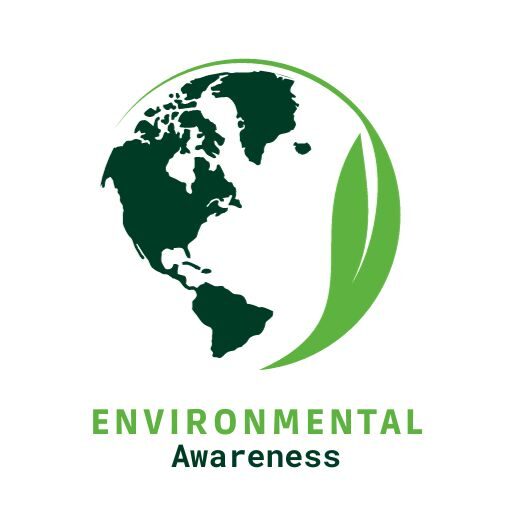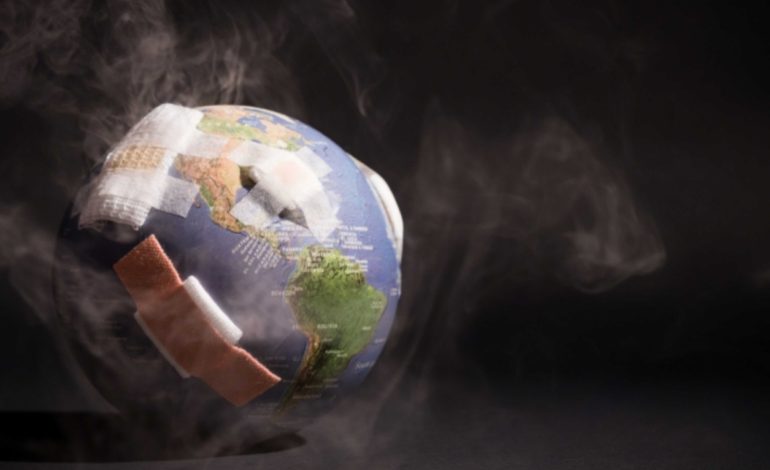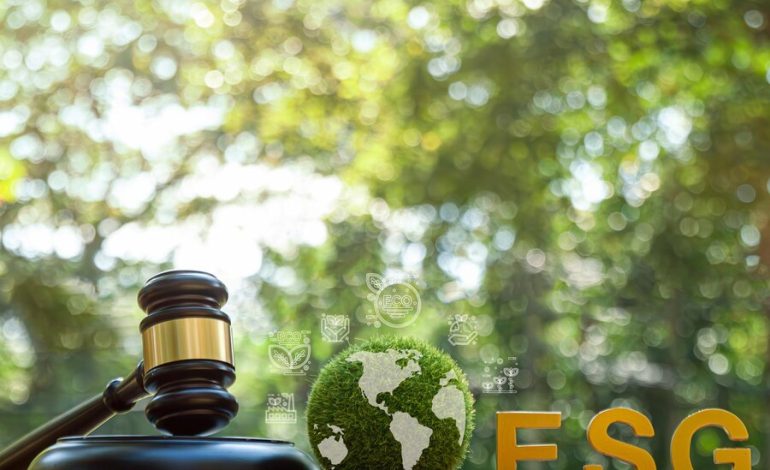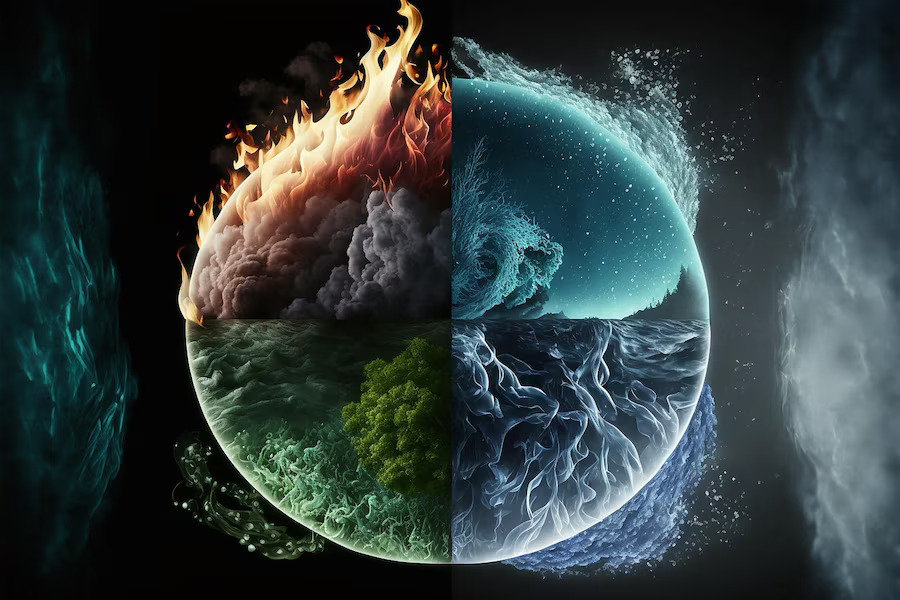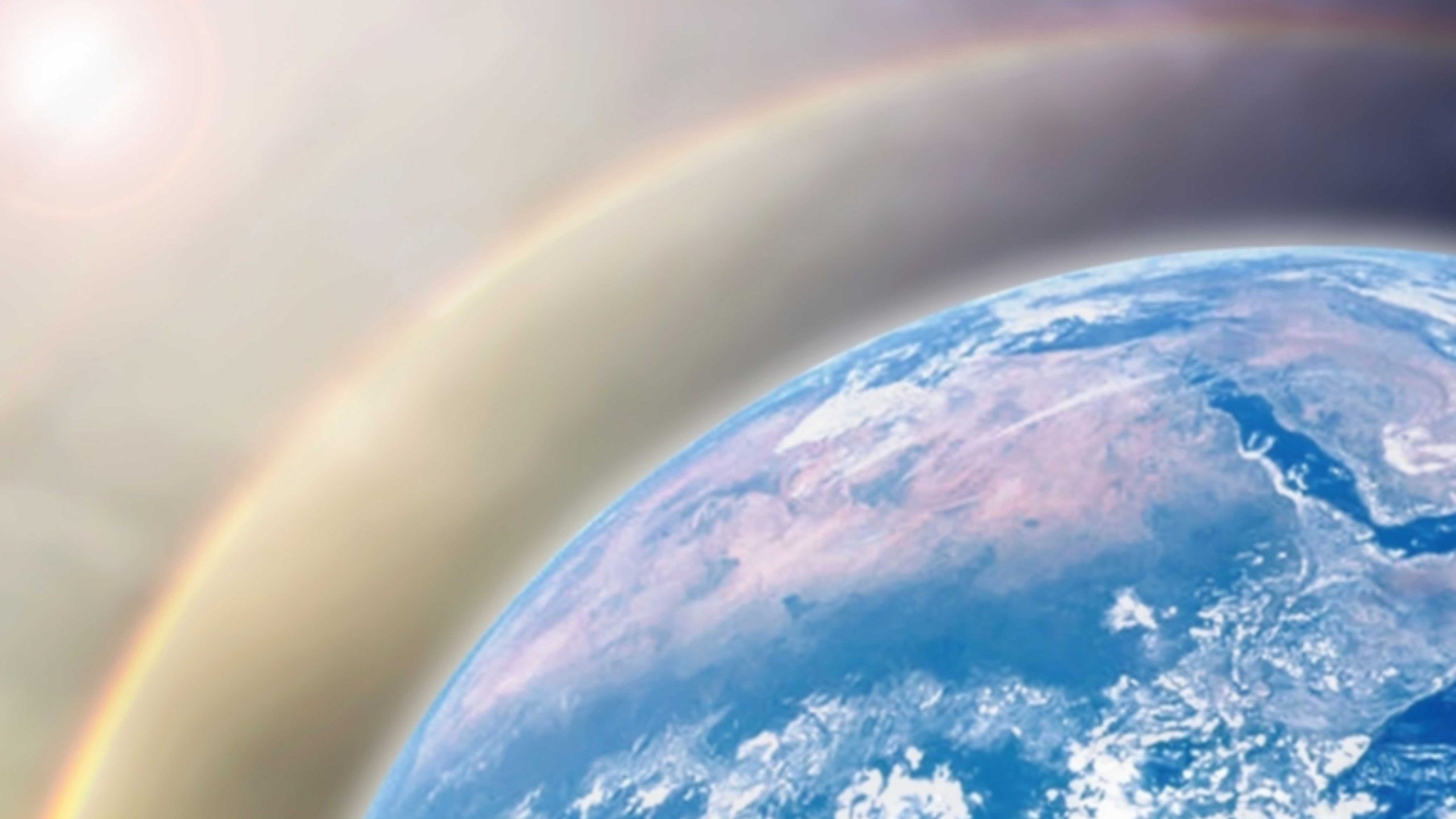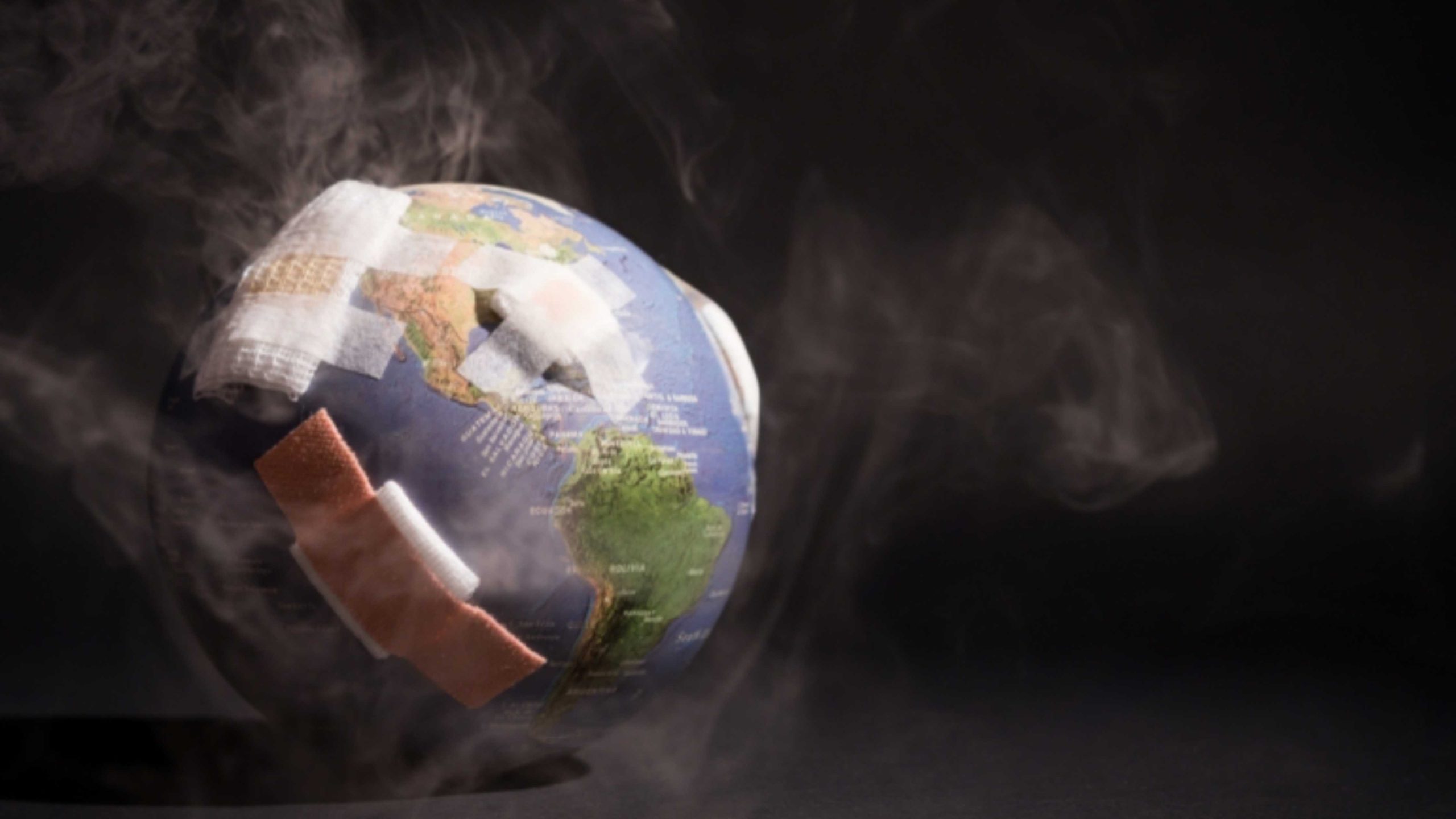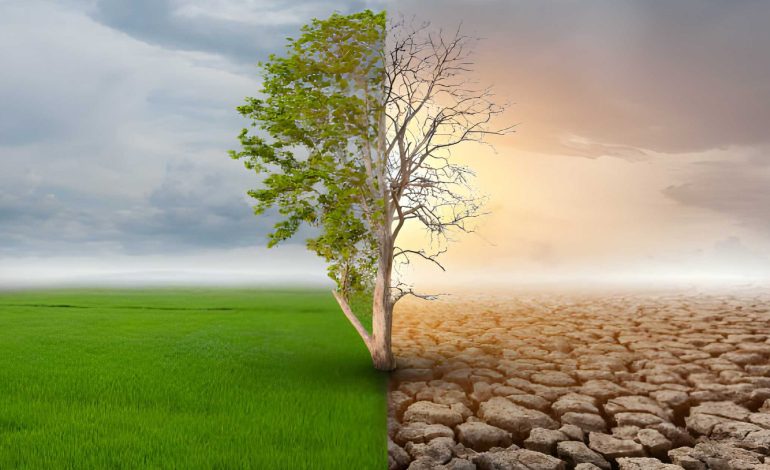
Who is Most Responsible for Climate Change?
Introduction:
Climate change poses one of the foremost challenges of our era, exerting profound impacts on ecosystems, economies, and livelihoods worldwide. As temperatures surge and extreme weather intensifies, the critical culpability query looms. Who or what shoulders the primary responsibility for driving climate change? Within this narrative, we explore the intricate reasons for climate change, unraveling the roles of key contributors in shaping the trajectory of our planet’s future.
In this blog, we embark on a quest to dissect the complexities of climate change, scrutinizing the principal actors and their roles in molding the fate of our world. By deconstructing the myriad causes underpinning climate change, we aim to illuminate the actors and actions driving this global crisis. Through a comprehensive understanding of the root causes and their repercussions, we endeavor to foster informed discussions and mobilize collective efforts toward forging a path to a more sustainable future.
Understanding Climate Change:
Before exploring the issue of accountability for climate change, it’s crucial to grasp the core mechanisms driving it. Climate change denotes substantial and enduring shifts in the Earth’s climatic patterns, including alterations in temperature, precipitation, and weather occurrences. While historical variations in climate have been influenced by natural factors like volcanic eruptions and changes in solar radiation, current transformations are predominantly linked to human activities.
In the contemporary context, human actions emerge as the primary catalysts of climate change. The continuous combustion of fossil fuels for energy, deforestation, industrial processes, and agricultural practices emit greenhouse gases, amplifying the greenhouse effect and warming the planet. Consequently, these human-induced activities significantly modify the Earth’s climate, exacerbating the frequency and intensity of extreme weather events and disrupting ecosystems globally.
11 Causes of Climate Change:

-
Greenhouse Gas Emissions:
Among the chief culprits of climate change are greenhouse gas emissions, primarily carbon dioxide (CO2), methane (CH4), and nitrous oxide (N2O). These gases trap heat in the Earth’s atmosphere, leading to the greenhouse effect. The primary source of these emissions is burning fossil fuels for energy production, transportation, and industrial processes. Deforestation and land-use changes also release significant amounts of CO2 into the atmosphere, further exacerbating the problem.
-
Deforestation and Land-Use Changes:
Forests regulate the Earth’s climate by absorbing CO2 during photosynthesis. However, widespread deforestation, primarily for agricultural expansion, urbanization, and logging, disrupts this balance. Deforested areas release stored carbon and reduce the planet’s capacity to absorb CO2, intensifying the greenhouse effect.
-
Agricultural Practices:
Agriculture is a major contributor to climate change through various practices, such as livestock farming, rice cultivation, and synthetic fertilizers. Livestock, particularly cattle, produce methane during digestion, a potent greenhouse gas. Additionally, applying nitrogen-based fertilizers releases nitrous oxide, another potent contributor to global warming.
-
Industrial Processes:
Industrial activities, including manufacturing, mining, and cement production, emit large quantities of greenhouse gases and other pollutants. These emissions result from energy-intensive processes and the combustion of fossil fuels. Additionally, certain industrial chemicals, such as chlorofluorocarbons (CFCs), have contributed to ozone depletion and climate change.
-
Waste Management:
Improper waste management practices, such as landfilling and open waste burning, release significant amounts of methane and CO2 into the atmosphere. Organic waste decomposition in landfills produces methane, while burning waste generates CO2 and other harmful pollutants.
-
Transportation:
The transportation sector, including cars, trucks, ships, and airplanes, is a major emitter of greenhouse gases, particularly CO2—the combustion of fossil fuels for propulsion accounts for most emissions from transportation activities. Additionally, inefficient transportation systems and urban sprawl contribute to increased energy consumption and emissions.
-
Responsibility for Climate Change:
Determining the primary culprits responsible for climate change is complex, as multiple factors and actors are involved. However, certain entities bear a disproportionate responsibility based on their historical contributions, emissions intensity, and capacity to mitigate climate change. Here are some key players and their roles:
-
Industrialized Nations:
Industrialized countries, particularly those with high economic development and consumption, have historically been the largest contributors to greenhouse gas emissions. Burning fossil fuels to power industries, homes, and transportation systems has driven significant emissions, disproportionately impacting the global climate. These nations have a moral and ethical responsibility to lead efforts in reducing emissions and transitioning to sustainable practices.
-
Fossil Fuel Companies:
The fossil fuel industry, including multinational corporations engaged in oil, gas, and coal extraction, refining, and distribution, holds considerable responsibility for climate change. These companies have profited from exploiting fossil fuel reserves while downplaying or denying the associated environmental impacts. They have perpetuated a dependence on carbon-intensive energy sources by lobbying against climate regulations and investing in fossil fuel infrastructure.
-
Governments:
National governments play a critical role in shaping climate policy, enacting regulations, and implementing mitigation measures. However, many governments have prioritized economic growth and short-term interests over climate action, perpetuating a status quo reliant on fossil fuels. Political inertia, influenced by powerful vested interests, has hindered the adoption of ambitious climate policies and international cooperation.
-
Consumers and Individuals:
While larger entities bear significant responsibility for climate change, individual actions and consumption patterns also contribute to emissions. Choices regarding transportation, energy usage, diet, and consumption habits collectively influence emissions levels. By adopting sustainable practices, reducing energy consumption, and advocating for climate-friendly policies, individuals can contribute to mitigating climate change.
Conclusion
Climate change is a multifaceted phenomenon driven by various factors, including greenhouse gas emissions, deforestation, industrial activities, and transportation. While no single entity can be solely blamed for climate change, certain actors bear a disproportionate responsibility based on their historical contributions and capacity to enact change. Addressing climate change requires collective action involving governments, businesses, communities, and individuals working together to reduce emissions, adapt to impacts, and transition to a sustainable future. By acknowledging the interconnectedness of climate drivers and taking decisive action, we can mitigate the worst effects of climate change and safeguard the planet for future generations.
